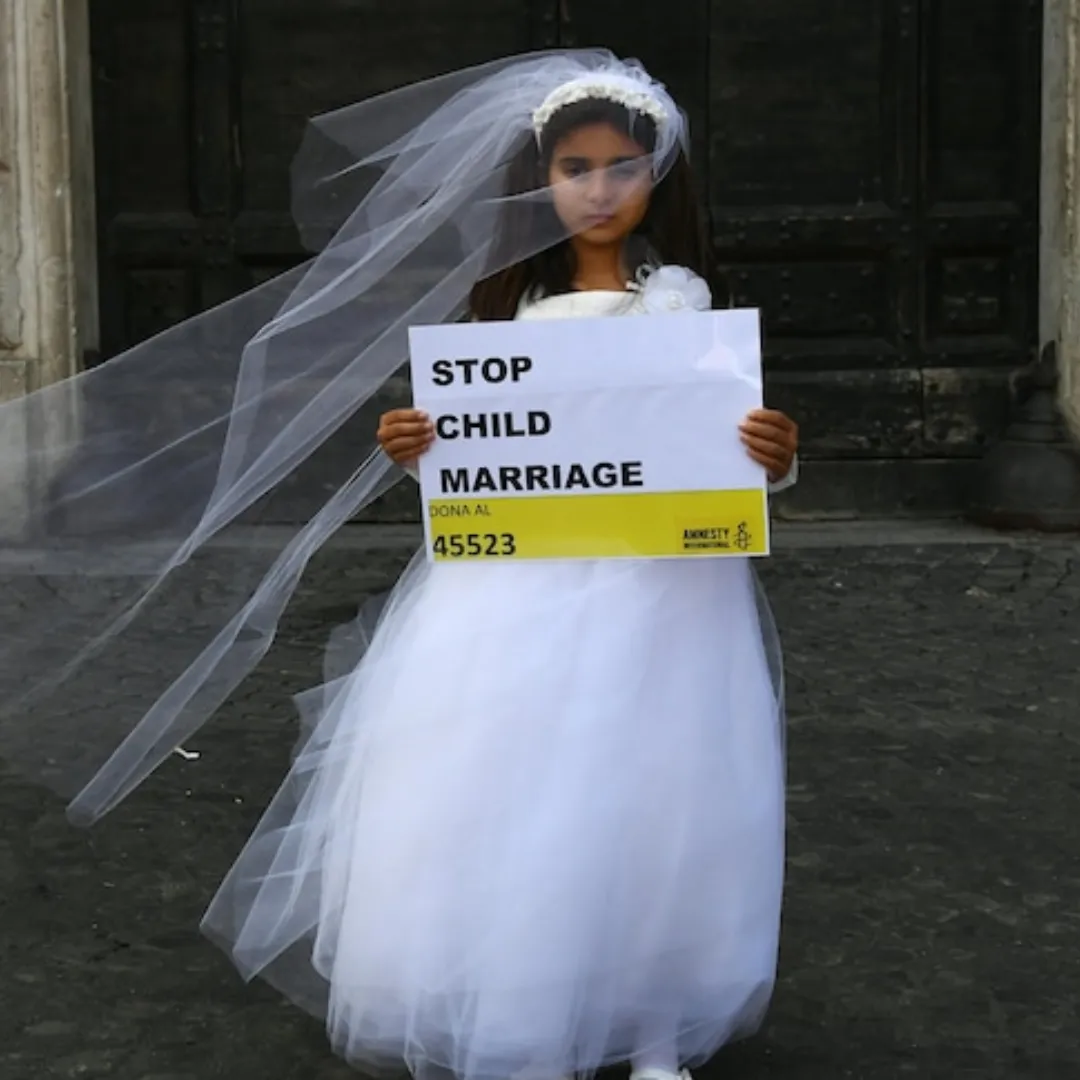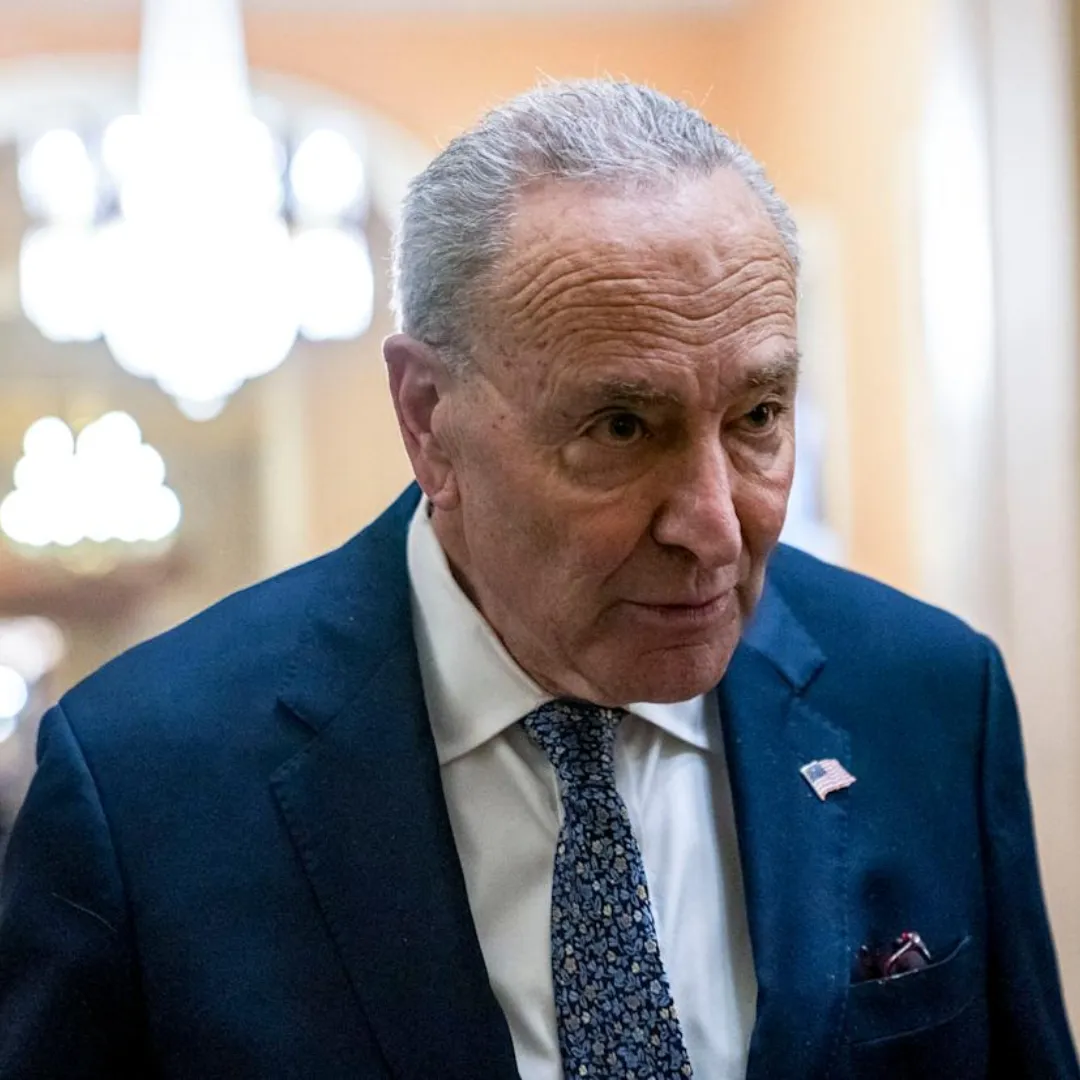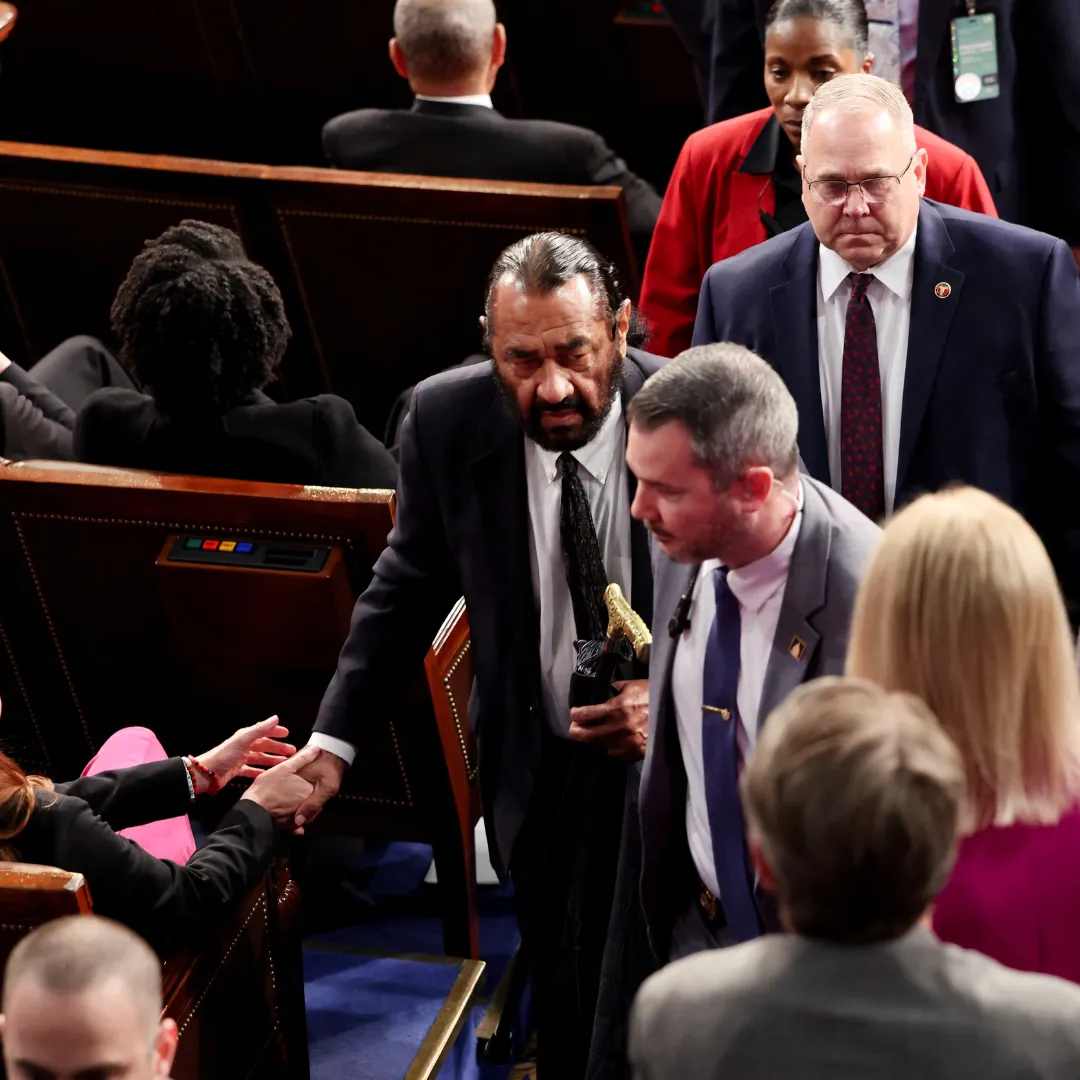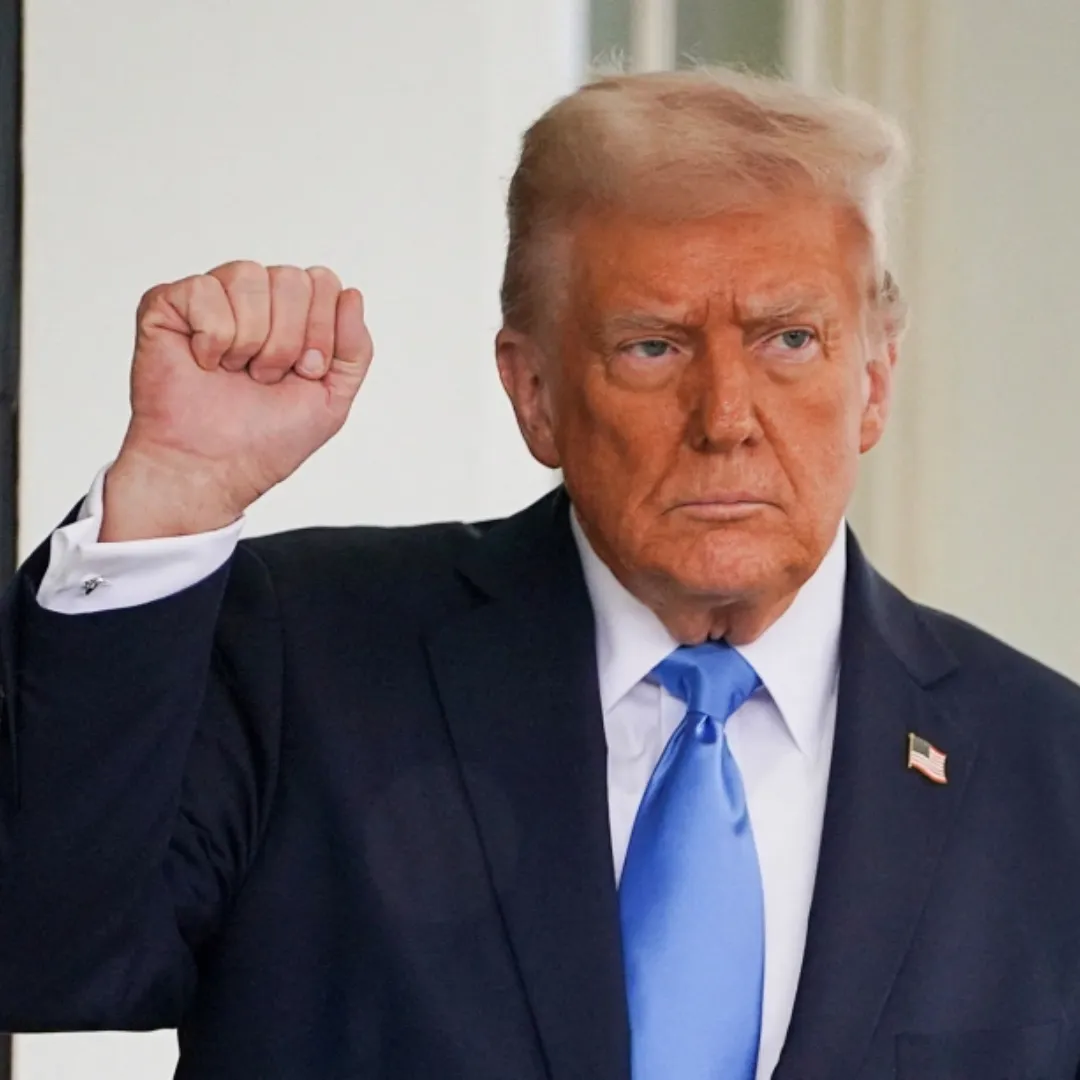
Across the country on Saturday, thousands of people gathered in public squares, parks, and city centers to protest what they described as the erosion of democratic norms and human rights under President Donald Trump’s administration.
From Washington D.C. to Boston to Los Angeles, the protests represented a collective outcry against a wide array of grievances that included the ongoing war in Gaza, widespread layoffs, mass deportations, and what organizers described as a blatant defiance of the rule of law.
In the nation’s capital, demonstrators packed Lafayette Square near the White House from early morning. Additional gatherings took place near the Washington Monument and continued in major cities including New York, Chicago, and various locations throughout Massachusetts.
Protesters waved signs and chanted slogans while speakers addressed the crowd, calling attention to what they viewed as mounting authoritarianism and a disregard for the constitutional order.
The event was organized by a coalition known as 50501, whose name represents 50 protests in 50 states and one unified movement. The group first emerged with rallies at state capitols on Presidents’ Day but has since evolved into a broader resistance effort.
In a post published on Thursday before the demonstrations, the group articulated their purpose.
“Donald Trump has defied a direct, binding order from the United States Supreme Court. Let that sink in,” the statement read. “This is not a theoretical crisis. This is not an abstract fear. This is the moment that confirms our Constitution has been crippled.”
That Supreme Court decision, referenced repeatedly throughout the day by protesters and speakers alike, concerns the administration’s refusal to return Kilmar Abrego Garcia, a Maryland resident, to the United States.

Abrego Garcia was deported to a Salvadoran prison despite a standing 2019 court order that protected him from removal.
Federal officials have since admitted that his deportation was the result of an “administrative error,” but have nevertheless declined to facilitate his return, citing alleged ties to the MS-13 gang.
“Even when they admit it was illegal, they won’t correct it,” said Danielle Salazar, who attended a rally in Denver. “This is about accountability. This is about the rule of law. If they can ignore the courts, none of us are safe.”
Abrego Garcia’s case has become a symbol of broader concerns about executive overreach, as well as the targeting of immigrants and marginalized groups.
At rallies across the country, speakers made direct connections between his case and what they described as a pattern of human rights abuses carried out under the Trump administration.
Among the concerns voiced by attendees were immigration raids targeting students, cuts to social safety programs, and the administration’s growing antagonism toward institutions like the judiciary and the press.
“This is a very perilous time in America for liberty,” said Thomas Bassford, who brought his daughter and two grandsons to a protest in Massachusetts.
“I wanted the boys to learn about the origins of this country and that sometimes we have to fight for freedom.”
Protesters in Boston carried signs comparing Trump to past authoritarian leaders, warning that silence in the face of injustice enables further oppression.

One such protester, George Bryant, said he came out because he feared the administration’s disregard for democratic institutions.
“He’s defying the courts. He’s kidnapping students. He’s eviscerating the checks and balances,” Bryant said. “This is fascism.”
The sentiment expressed in Boston echoed across the country, with similar language appearing on posters, in speeches, and in conversations among participants.
While the demonstrations were peaceful, the anger was palpable. Many Americans, it seems, feel a growing sense that their government no longer respects legal limits, ethical boundaries, or democratic norms.
Saturday’s protests are part of a growing wave of activism and civic engagement sparked by concerns over authoritarianism and human rights.
In recent months, movements like the Tesla Takedown have drawn international attention with over 150 coordinated actions protesting Elon Musk’s influence in government.
Similarly, the April Hands Off rallies saw nearly 400,000 participants gather in more than 1,000 cities across all 50 states to express concerns about civil liberties and abuse of power.
While the White House has not issued a formal statement regarding the latest protests, the administration did post a message online that seemed to allude to the Abrego Garcia controversy.

“SATURDAY WORDS OF WISDOM If he tattoos like MS-13, beats women like MS-13, and tramples the law like MS-13—THEN HE’S PROBABLY MS-13,” the post read.
The statement sparked immediate backlash from activists and legal experts who criticized the administration for what they described as racially charged fearmongering and an attempt to justify a clear defiance of the nation’s highest court.
“This is not about public safety. This is about using power to punish people without process,” said Naomi Caldwell, a legal scholar at the University of California who was present at the Los Angeles rally.
“We’re watching the breakdown of legal norms in real time, and the government is laughing about it online.”
Though the protests were organized quickly, they drew substantial crowds and demonstrated the growing cohesion of the opposition. In states from coast to coast, diverse groups of Americans came together in defiance of what they view as an increasingly lawless presidency.
They represented various causes — from human rights to climate justice to labor protection — but were united by a shared belief that the foundational structures of American democracy are under threat.
In Portland, families held signs reading “We The People Demand Justice” and “Courts Matter.” In Atlanta, college students chanted “No justice, no peace” outside the state capitol.
In Minneapolis, members of indigenous groups held ceremonies and spoke about the long history of state violence against their communities, drawing parallels to present-day injustices.

Organizers at 50501 said the turnout exceeded their expectations and signaled that more actions would be forthcoming.
A spokesperson for the group indicated that they were already planning future events, including a large-scale rally in Washington D.C. timed to coincide with the anniversary of the Supreme Court’s ruling on Abrego Garcia.
“We’re not going away,” the group said in a statement Saturday night. “This is just the beginning. We are mobilizing for accountability, for human dignity, and for the Constitution itself.”
Many attendees expressed similar sentiments, voicing their commitment to sustained activism and resistance. For some, the protests were their first time participating in political action.
For others, it was part of a lifelong dedication to social justice. Regardless of background, their message was clear: the American people will not be silent as the institutions meant to protect them are undermined.
As the country moves further into Trump’s second term, the tension between the executive branch and its critics is likely to intensify.
The standoff over Abrego Garcia’s deportation may prove to be a flashpoint, but it is far from the only issue driving public outrage. From healthcare cuts to voting rights concerns to foreign policy decisions, the administration’s actions are being met with increasing scrutiny and growing resistance.
Whether the protests will have a direct impact on policy remains uncertain. But what is clear is that a large and motivated segment of the American public is determined to hold the government accountable.
They are organizing, mobilizing, and refusing to accept the normalization of what they see as authoritarian behavior.

In that sense, Saturday’s events were not only a rejection of specific policies but a broader declaration of values.
Protesters came not just to oppose but to affirm the importance of democracy, the rule of law, and human rights. Their presence in city after city sent a powerful message to those in power.
As one speaker in Washington put it, standing beneath a banner that read Constitution Not Control: “We are here because this is still our country. And we will not stand by while it is torn apart from within.”
The road ahead remains uncertain, but for those who gathered across the country this weekend, the commitment to resisting authoritarianism and restoring justice has never been clearer.



